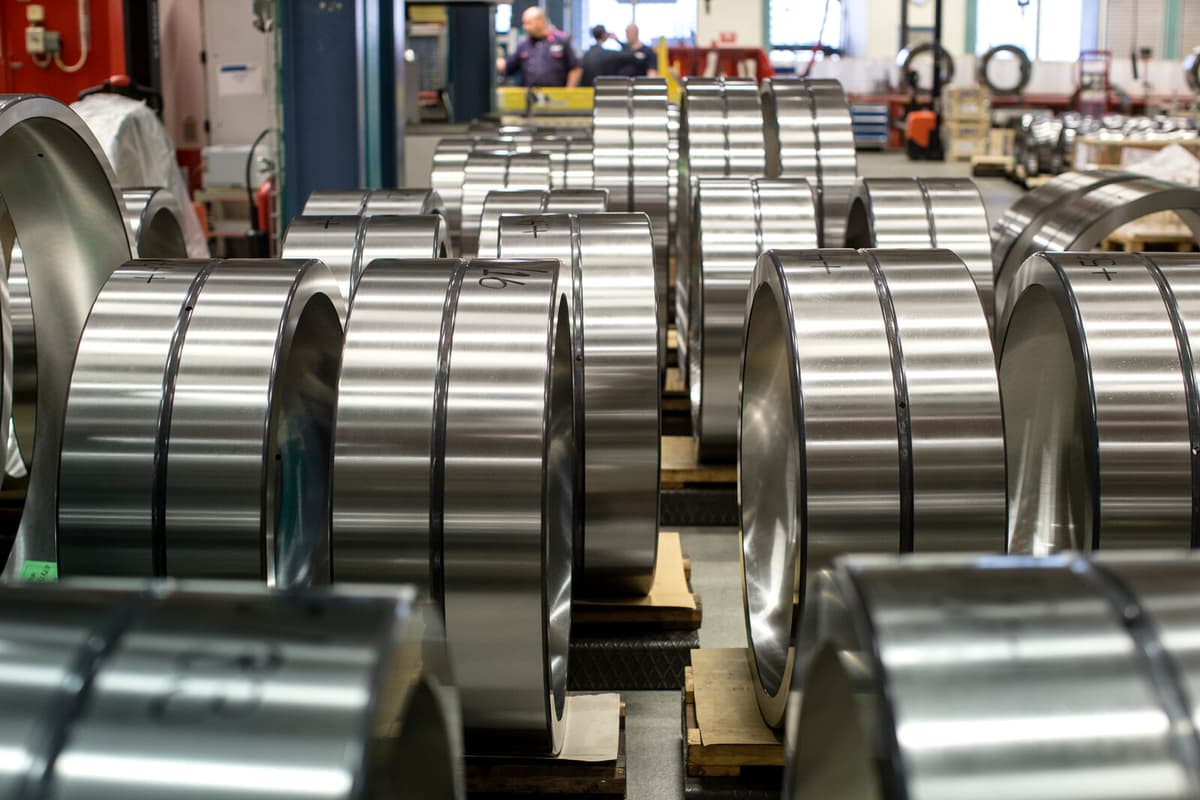The Industrial Agreement is the agreement that usually sets the "mark", the norm for wage increases in the labor market. With days to go until a new industrial agreement is in place, the negotiations are entering their most intense phase.
The mediators' (the impartial chairmen) first bid to the trade unions and employers in the industry comes with numerical wage increases. The proposal is cost increases of 7.7 percent over a three-year period, distributed as 2.8 percent in year 1, 2.5 percent in year 2, and 2.4 percent in year 3.
A Critical Level
We have, after careful consideration, accepted the bid. But we can state that it is at a critical level, says Per Widolf of the Industrial Employers.
He points to a prolonged low-growth economy, weak productivity development, turbulence in the surrounding world, and global competition, which pose challenges for the industry.
Innovation and Chemical Industries' chief negotiator Henrik Stävberg is on the same track.
"It's a high bid, but we assess that it's manageable for the companies. The companies are in great need of predictability and stability. The Industrial Agreement must be protected", he writes in a comment to TT.
From the trade union side, however, it's a cold hand.
It's a wage increase rate that is unacceptable, says Camilla Frankelius, chief negotiator of the Swedish Association of Graduate Engineers, and means that the parties are very far apart.
A Prerequisite
She receives support from Martin Wästfelt, chief negotiator of the Union, who believes that the starting bid of 4.2 percent per year that the trade unions have agreed on is reasonable and relevant.
The fundamentals surrounding competitiveness, productivity, and production provide a basis for the demands we have made, he says.
Swedish industry has taken new market shares and profit levels are high.
In addition to real wage increases, the trade unions want to see provisions for reduced working hours and overtime compensation for part-time employees, which are not included in the proposal put forward by the mediators.
That we agree on all these parts is a prerequisite for an agreement, says Martin Wästfelt.
The negotiations will now continue under the leadership of the impartial mediators. The current two-year agreement expires on March 31, which resulted in total wage increases of 7.4 percent.
The 2025 collective bargaining round is more comprehensive than in a long time. A total of 510 wage agreements will be renegotiated for approximately 3.4 million employees.
The parties behind the Industrial Agreement sign a total of 55 agreements covering around 500,000 employees. The Industrial Agreement also includes a number of industry organizations that do not sign collective agreements.
The employer organizations are the Graphic Companies, IKEM, Industrial Employers, Food Industry Companies, Green Employers, Technology Companies, TEKO, and TMF.
The trade unions within the Industrial Agreement are GS, the Food Workers' Union, IF Metall, the Swedish Association of Graduate Engineers, and the Union.
The Industrial Agreement was signed in 1997 and the industry has since had a wage-setting role for the labor market as a whole.
Source: The Mediation Institute






